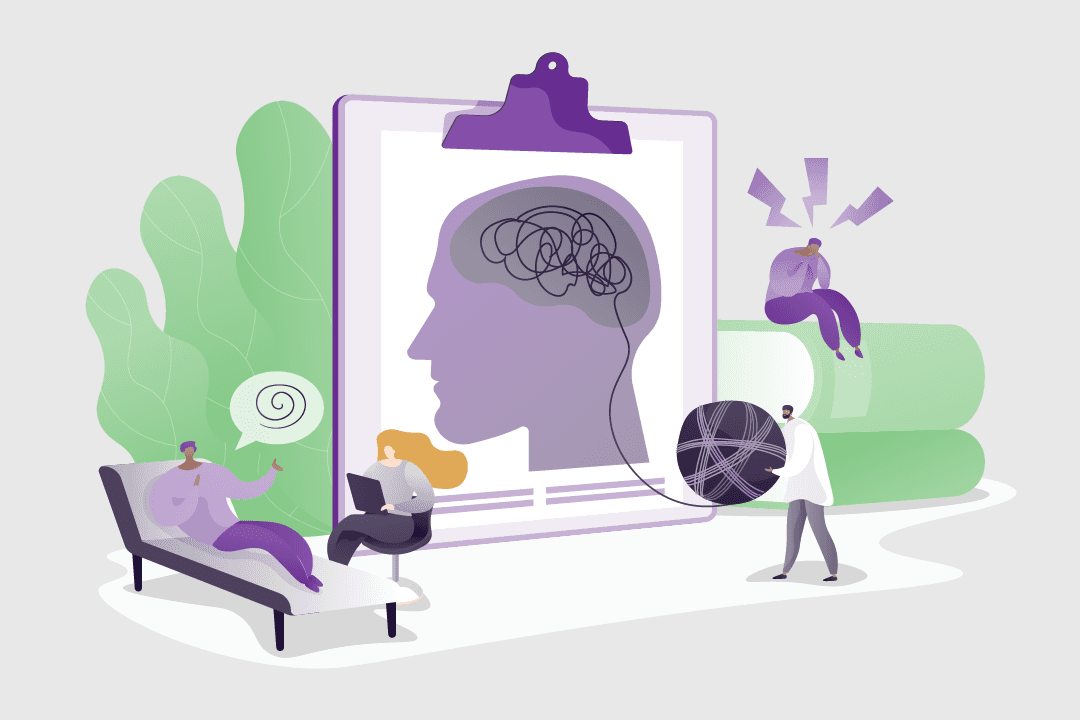
Why Professional Training is Key to Being a Great Counsellor
Professional training is the foundation of any who wishes to become a good counsellor. Becoming clinically competent as a mental health professional takes more than instincts of concern and excellent listening skills. Comprehensive training programs supply the essential knowledge, skills, and standards of ethics that make caring individuals into competent professionals with the ability to positively impact other individuals’ lives.
Professional training for counselling instils necessary skills that cannot be gained entirely within the workplace. Students acquire evidence-based therapeutic practices, assessment procedures, and treatment strategies that took decades to research and practice. These institutions train future counsellors to identify different forms of mental illness, study human behavioural patterns, and implement suitable treatment procedures for different clientele.
- Understanding Ethics and Professional Boundaries
One of the most crucial topics of professional training is learning about ethical needs and boundary maintenance with clients. These needs safeguard both clients and counsellors and provide a safe therapeutic context where one may heal. Training acknowledges that there is a need for confidentiality, dual relationships, informed consent, and other ethical needs that regulate professional practice.
Unless trained in these skills, well-intentioned practitioners will harm or risk compromising the therapeutic relationship. Professional training makes certain that counsellors are informed of their role and are supported in managing complex ethical challenges with assurance and integrity.
- Cultivating Cultural Competence and Sensitivity
The pluralistic modern society demands counsellors who are highly qualified to deal with clients of different cultural, ethnic, and socioeconomic backgrounds. Cultural competence is discussed as a core professional training program skill that enables the next-generation counsellors to comprehend how cultural factors affect mental health, seeking treatment, and choice of treatment.
This preparation allows counsellors to deliver culturally responsive services, maintain respect for clients’ values, beliefs, and traditions and integrate them into the therapy process. This is likely to result in improved therapeutic outcomes and maintain the establishment of counsellor-client trust with a multicultural client population.
- Continuous Learning and Professional Development
Professional training emphasizes the value of continuous learning in counseling. The mental health profession is continually changing with new research findings, treatment modalities, and best practices. Successful training programs instill that first training is merely the foundation of a counsellor’s educational process.
They know about the need for ongoing education, monitoring, and professional development activities that maintain their skills current and effective. This dedication to ongoing education enables counsellors to respond to evolving client demands and integrate new treatment techniques into their practice.
- Establishing Confidence and Professional Identity
Comprehensive training allows counsellors to build professional confidence and a clear role in the process of helping. This is based on the fact that they have received quality training, field experience, and ongoing supervision from experienced practitioners. Counsellors who feel confident and capable can concentrate fully on clients’ needs without fear that they are inadequate.
Conclusion
Professional training is the best way to become an accomplished counsellor capable of helping other people past life’s challenges. Companies such as Victoria Counselling and Training understand that effective education is the key to building the foundation for successful counselling professions, eventually reaching the hundreds and thousands of people who seek guidance and assistance in pursuing better mental health.




